Content Menu
● Understanding Green Tea Extract
● Mechanisms of Action
● Clinical Evidence and Research Findings
● Optimal Consumption and Dosage
● Safety Considerations
● Lifestyle Integration
● Future Research Directions
● Practical Recommendations
● Questions and Answers
Green tea, derived from the leaves of Camellia sinensis, has been consumed for thousands of years and is renowned for its potential health benefits. Among its many purported advantages, the ability to lower blood pressure has garnered significant scientific interest. This comprehensive analysis explores the relationship between green tea extract and blood pressure regulation, examining the scientific evidence, mechanisms of action, and practical implications for health.
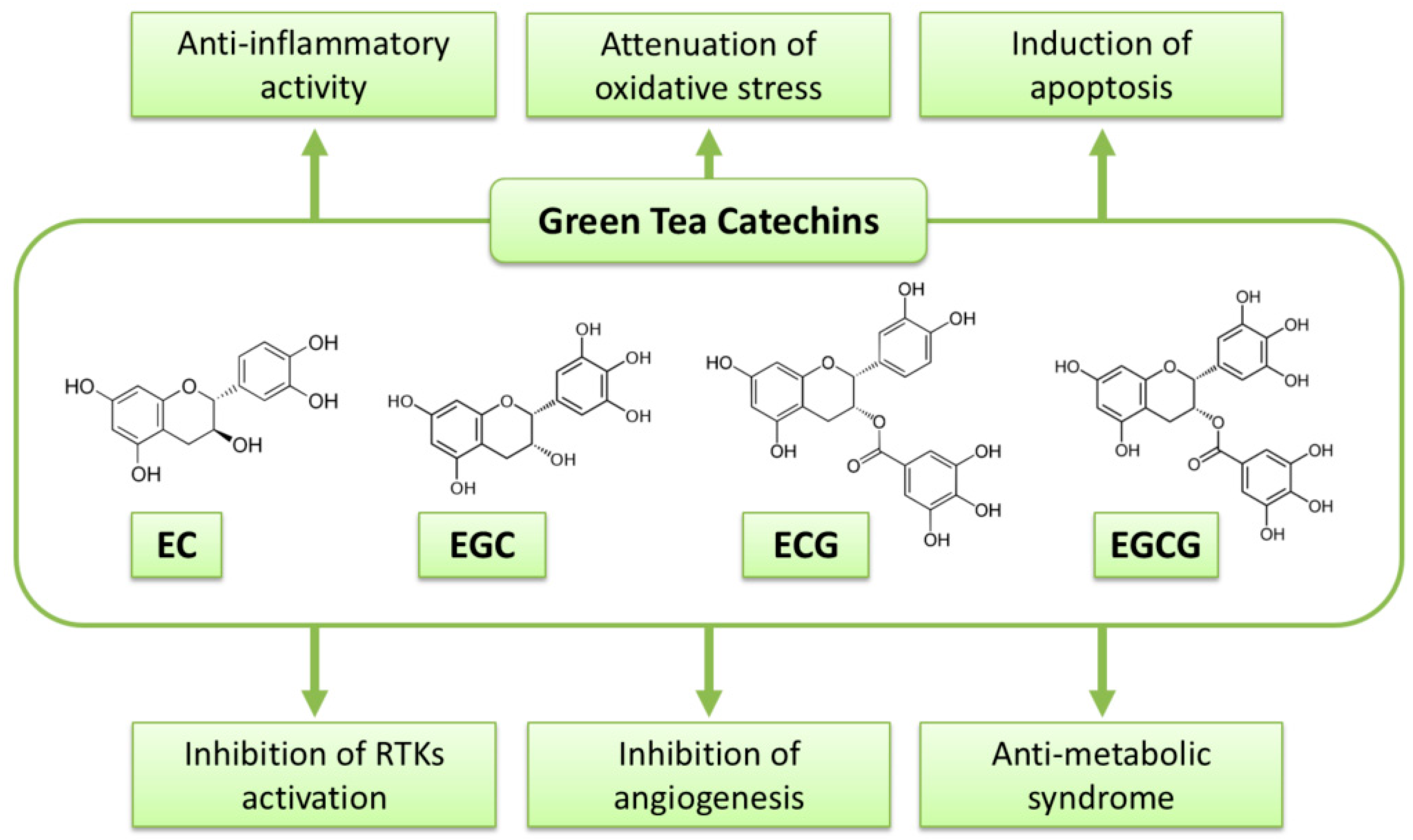
Understanding Green Tea Extract
Green tea extract is a concentrated form of green tea's beneficial compounds, particularly rich in polyphenols known as catechins. The most abundant and studied catechin is epigallocatechin-3-gallate (EGCG), which is believed to be responsible for many of green tea's health benefits. Other important catechins include epicatechin (EC), epigallocatechin (EGC), and epicatechin gallate (ECG).
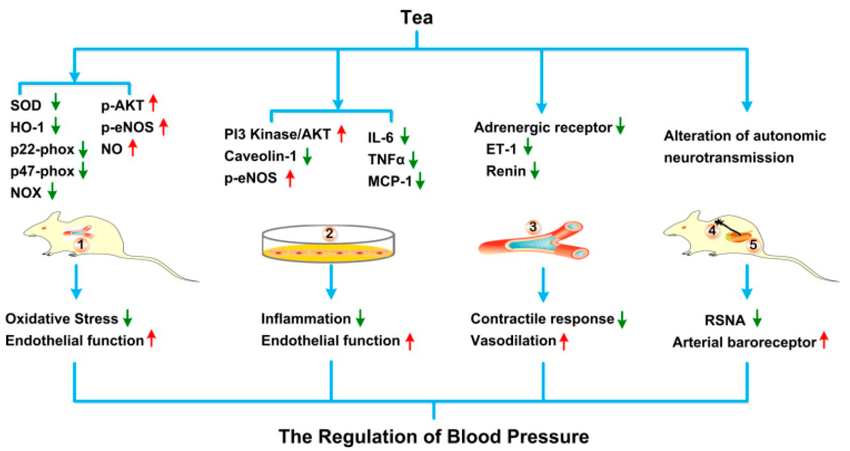
Mechanisms of Action
The blood pressure-lowering effects of green tea extract operate through several complex mechanisms:
1. Antioxidant Properties Green tea catechins are powerful antioxidants that help protect blood vessels from damage caused by free radicals. This protection helps maintain proper blood vessel function and elasticity, which is crucial for healthy blood pressure regulation.
2. Endothelial Function The extract improves endothelial function by promoting the production of nitric oxide (NO), a molecule that helps blood vessels dilate. Better endothelial function leads to improved blood flow and potentially lower blood pressure.
3. ACE Inhibition Green tea catechins have been found to have natural angiotensin-converting enzyme (ACE) inhibitor properties. ACE inhibition is a well-known mechanism for blood pressure reduction, similar to how certain prescription medications work.
4. Anti-inflammatory Effects Chronic inflammation can contribute to high blood pressure. Green tea extract's anti-inflammatory properties may help reduce inflammation in blood vessels and throughout the cardiovascular system.
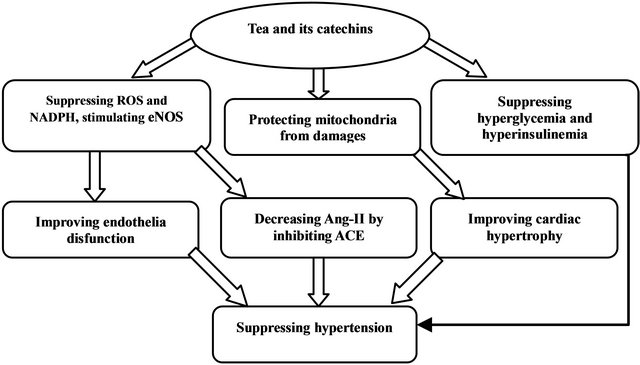
Clinical Evidence and Research Findings
Scientific research has shown promising results regarding green tea extract's effects on blood pressure. Multiple studies have demonstrated that regular consumption of green tea or its extract can lead to modest but significant reductions in both systolic and diastolic blood pressure.
The effectiveness appears to be more pronounced in:
◆ Individuals with pre-existing high blood pressure
◆ Those with systolic blood pressure ≥ 130 mmHg
◆ People who consume green tea regularly over extended periods
Optimal Consumption and Dosage
While the optimal dosage varies among individuals, research suggests that consuming 2-3 cups of green tea daily may provide beneficial effects on blood pressure. For green tea extract supplements, the recommended dosage typically ranges from 200-400 mg of EGCG daily, though this should be discussed with a healthcare provider.
Safety Considerations
While green tea extract is generally considered safe for most people, there are some important considerations:
◆ Caffeine sensitivity
◆ Potential interactions with medications
◆ Individual tolerance levels
◆ Timing of consumption
◆ Quality and source of the extract
Lifestyle Integration
For maximum benefit, green tea extract should be part of a comprehensive approach to blood pressure management that includes:
◆ Regular physical activity
◆ Balanced diet
◆ Stress management
◆ Adequate sleep
◆ Regular blood pressure monitoring
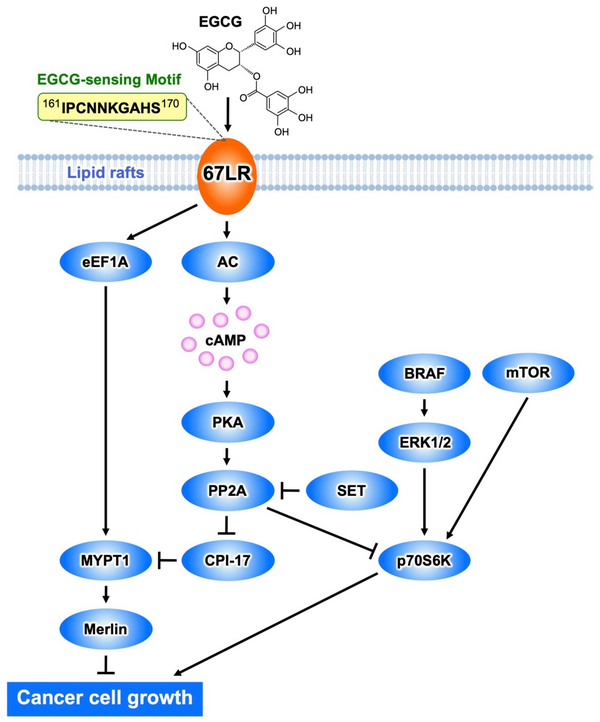
Future Research Directions
Ongoing research continues to explore:
◆ Long-term effects of green tea extract
◆ Optimal dosing strategies
◆ Individual response variations
◆ Combination effects with other natural compounds
◆ Specific mechanisms of action
Practical Recommendations
To maximize the potential benefits of green tea extract for blood pressure management:
1. Choose high-quality sources
2. Maintain consistent consumption
3. Monitor blood pressure regularly
4. Combine with healthy lifestyle choices
5. Consult healthcare providers before starting supplementation
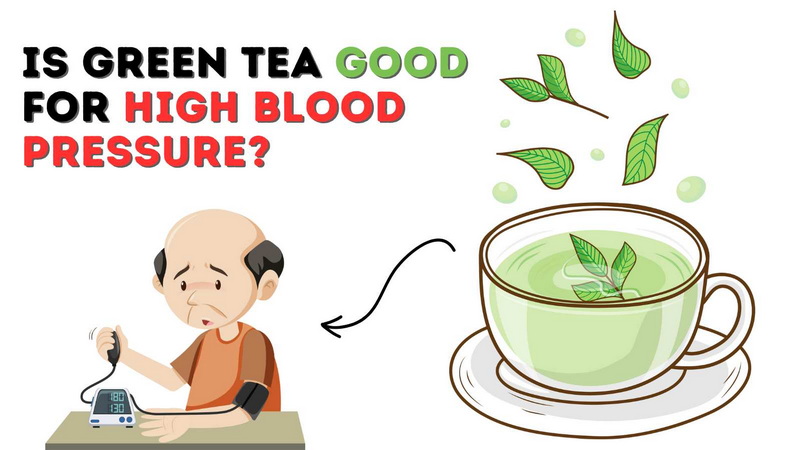
Questions and Answers
Q: How long does it take to see blood pressure-lowering effects from green tea extract?
A: While individual responses vary, most studies suggest that consistent consumption for 4-12 weeks is needed to observe significant effects on blood pressure. Some people may notice changes sooner, while others might require longer periods of regular consumption.
Q: Can green tea extract replace blood pressure medication?
A: No, green tea extract should not be used as a replacement for prescribed blood pressure medications. It may be used as a complementary approach, but any changes to medication should be discussed with a healthcare provider.
Q: What is the best time to consume green tea extract for blood pressure benefits?
A: Green tea extract can be consumed throughout the day, but it's often recommended to take it between meals. Due to its caffeine content, avoiding consumption close to bedtime may be advisable for those sensitive to caffeine.
Q: Are there any groups of people who should avoid green tea extract?
A: Certain individuals should exercise caution or avoid green tea extract, including pregnant women, those with severe caffeine sensitivity, people with certain heart conditions, and individuals taking blood thinners or other medications that might interact with green tea compounds.
Q: Does the form of green tea matter for blood pressure benefits?
A: While both traditional green tea and extracts can be beneficial, standardized extracts often provide more concentrated amounts of beneficial compounds. However, traditional green tea may offer additional benefits from the natural combination of compounds and the ritual of tea drinking itself.
































